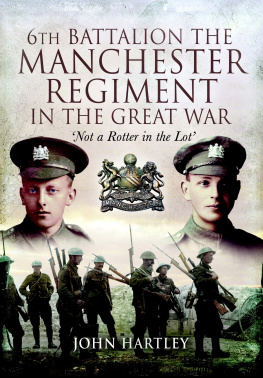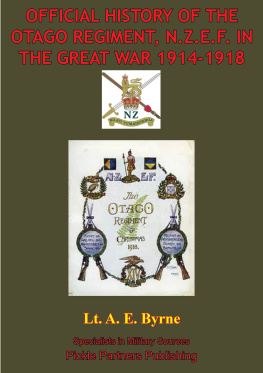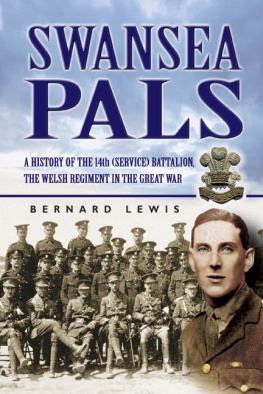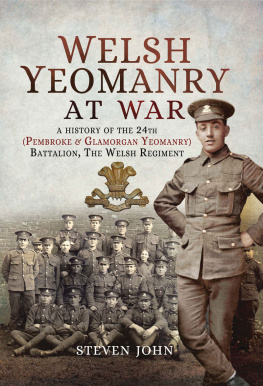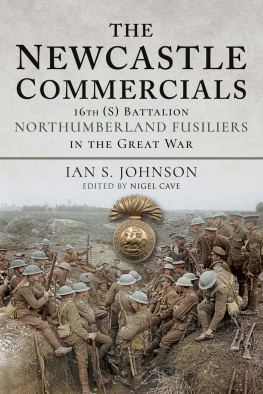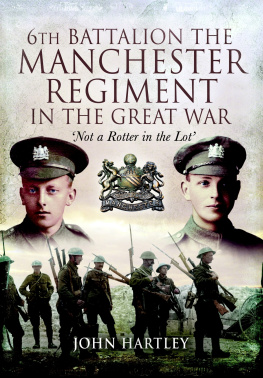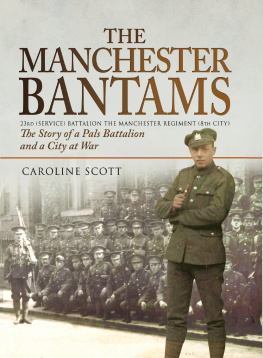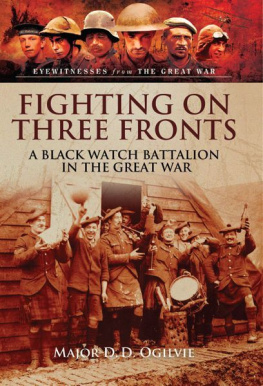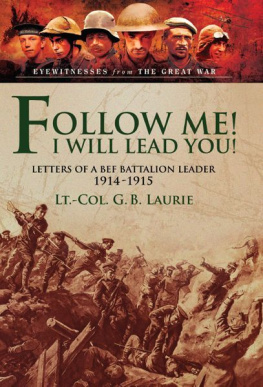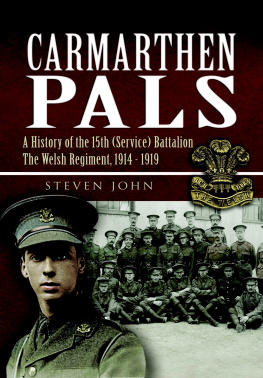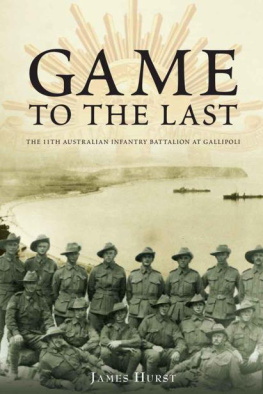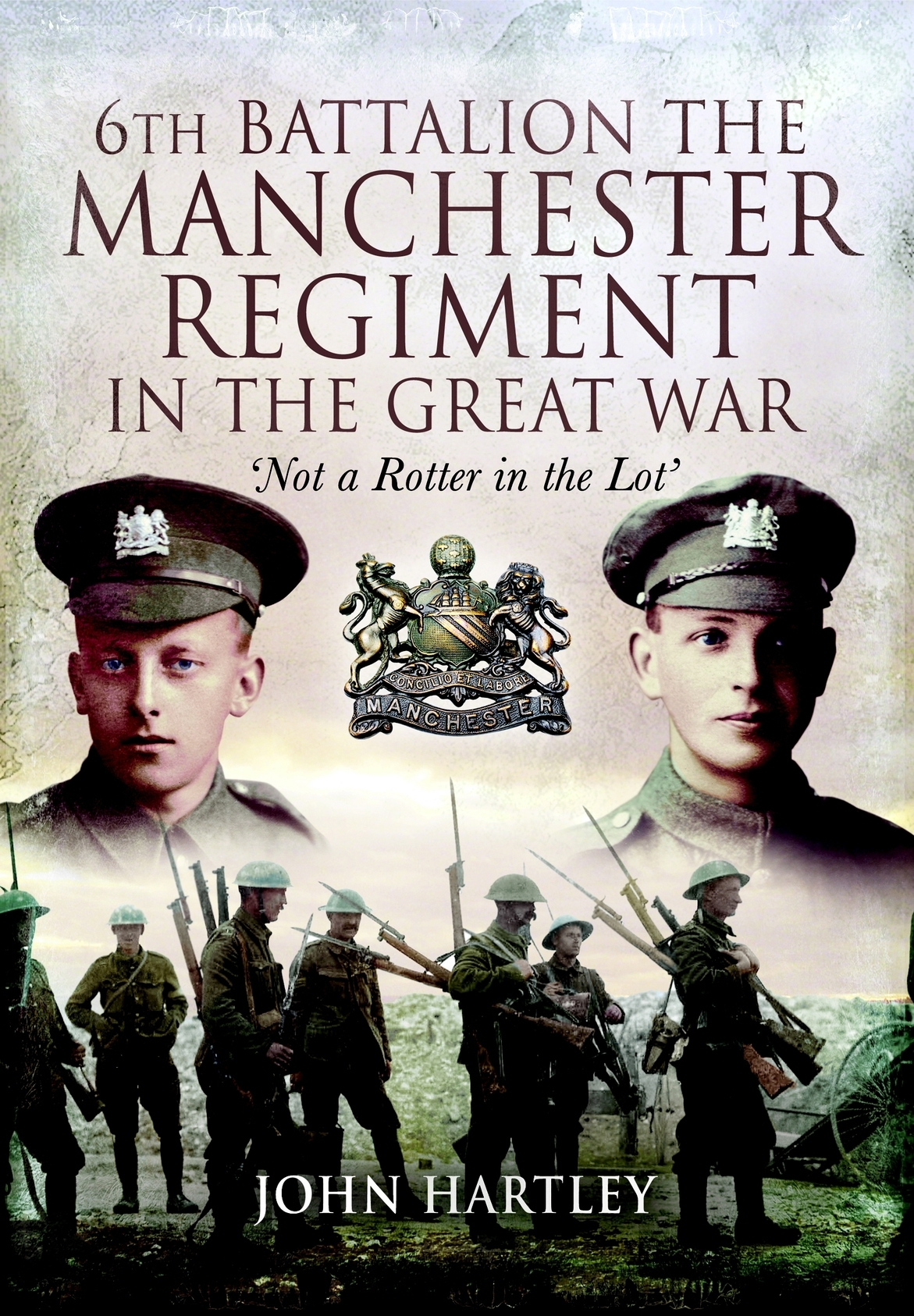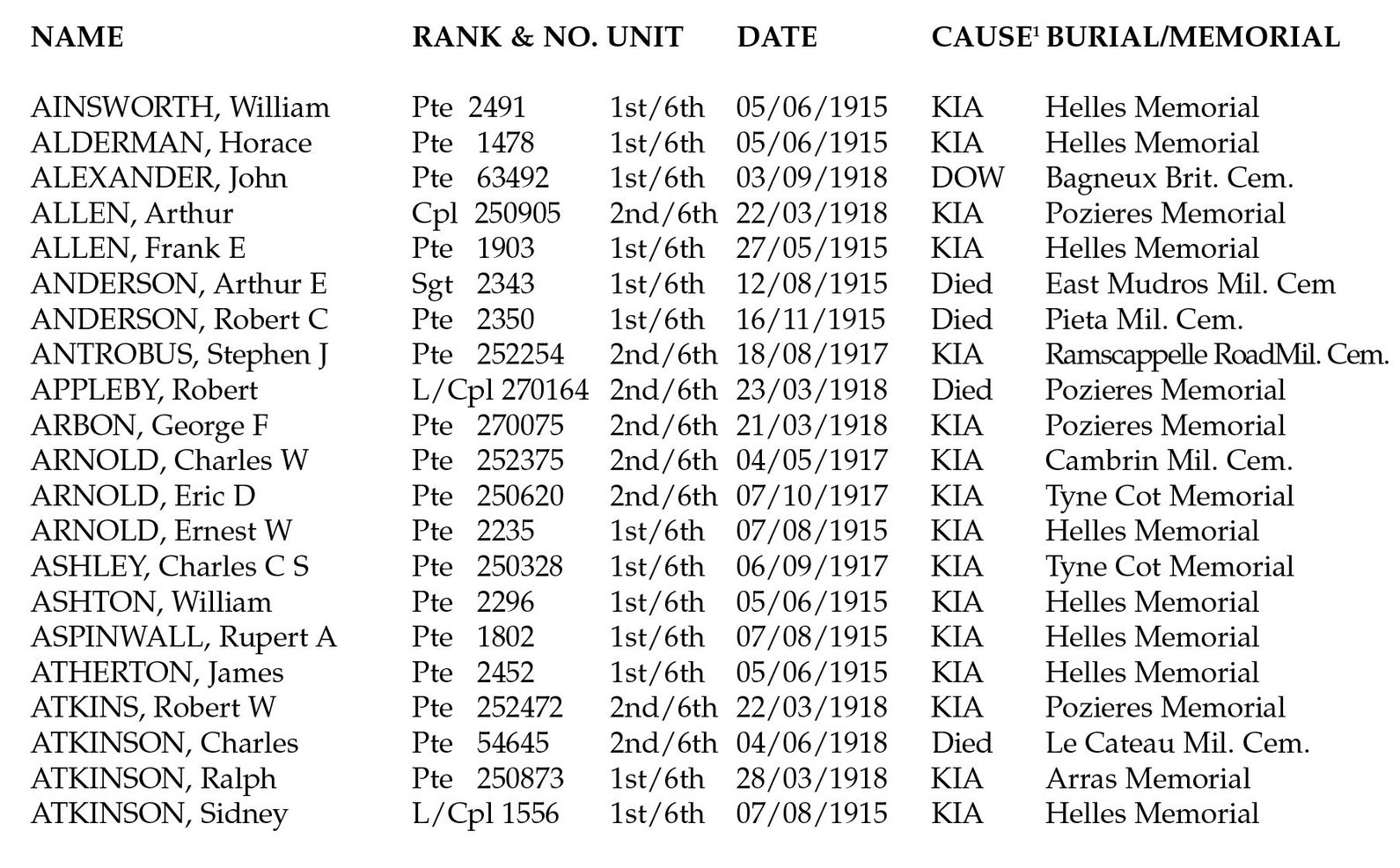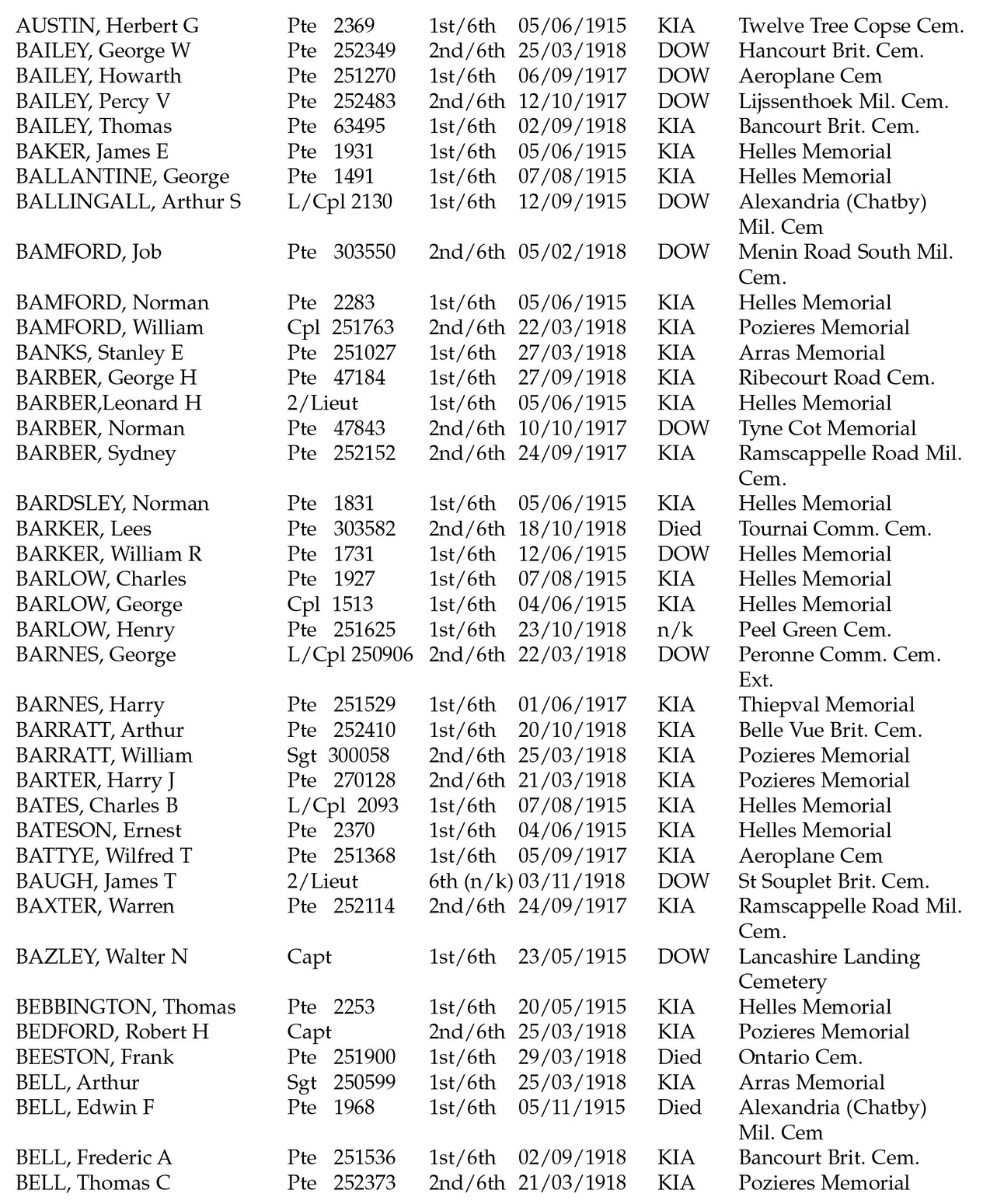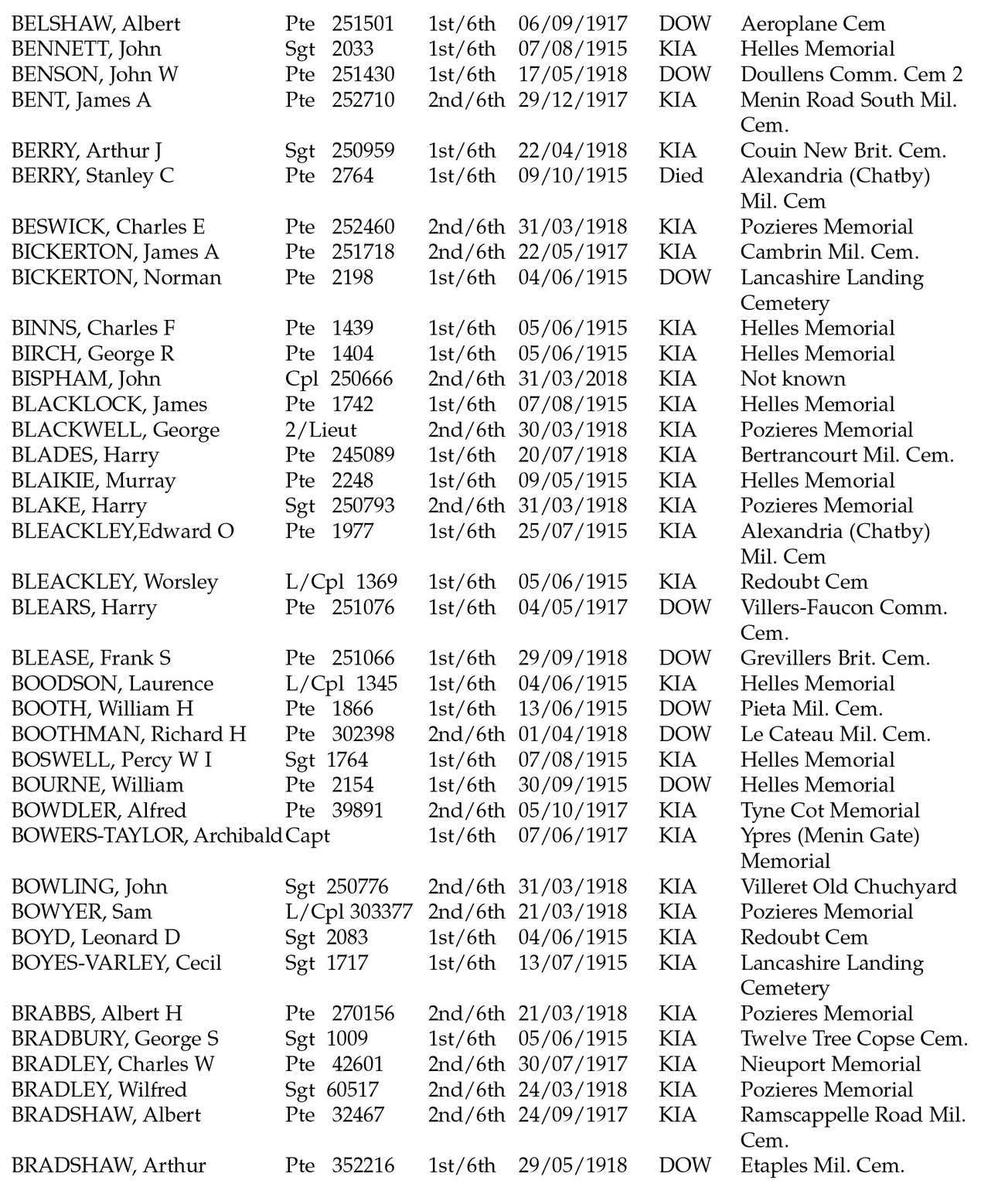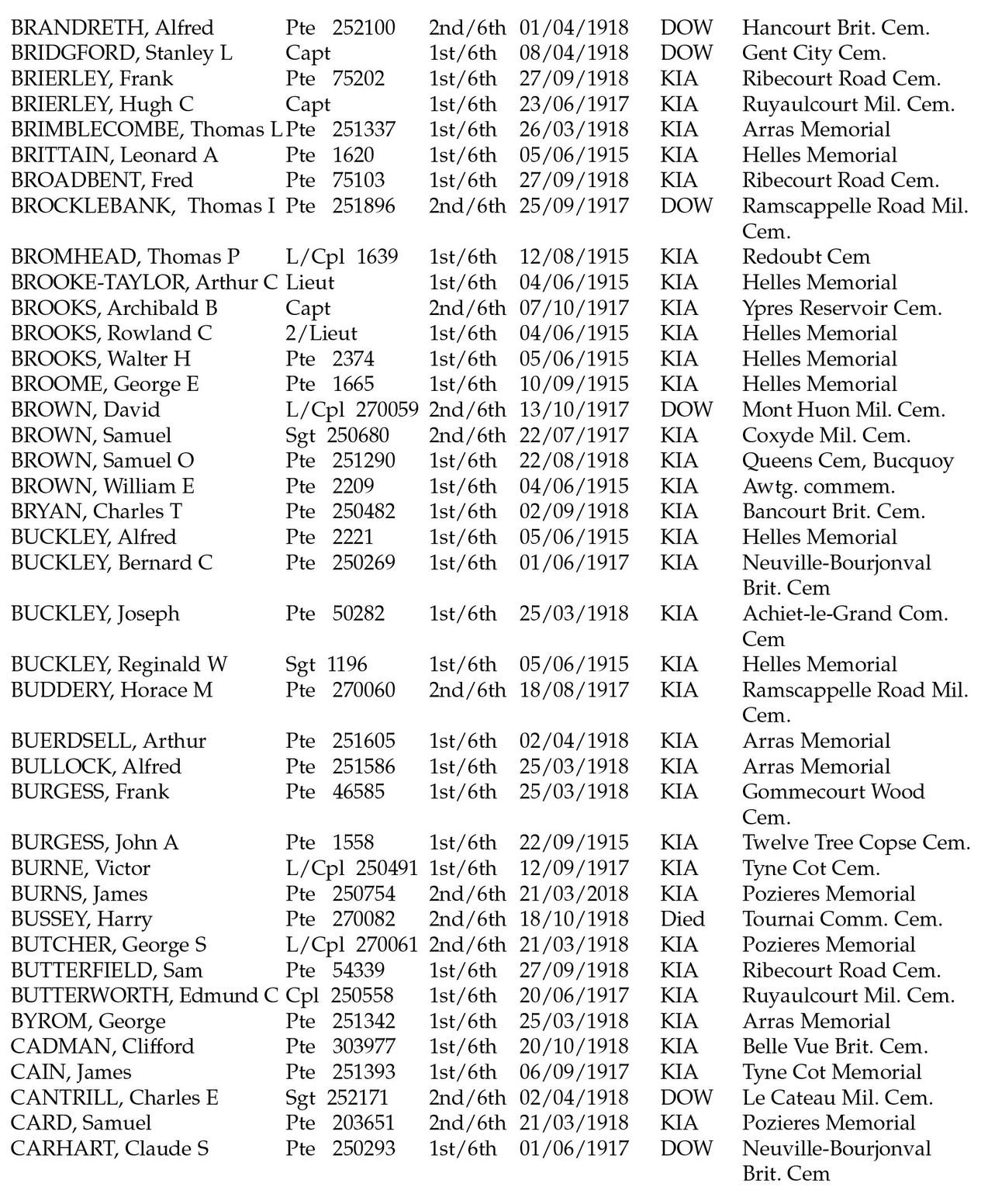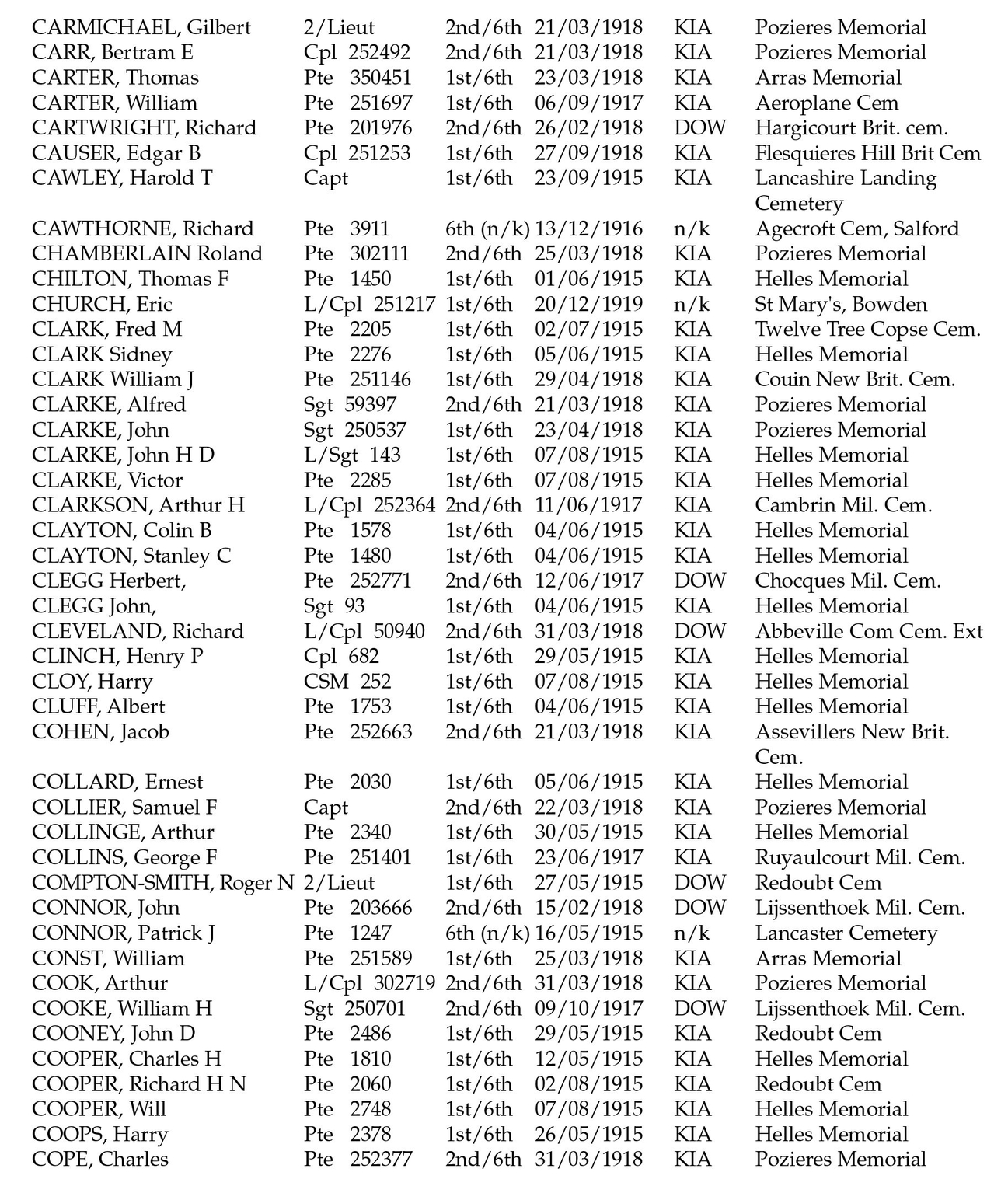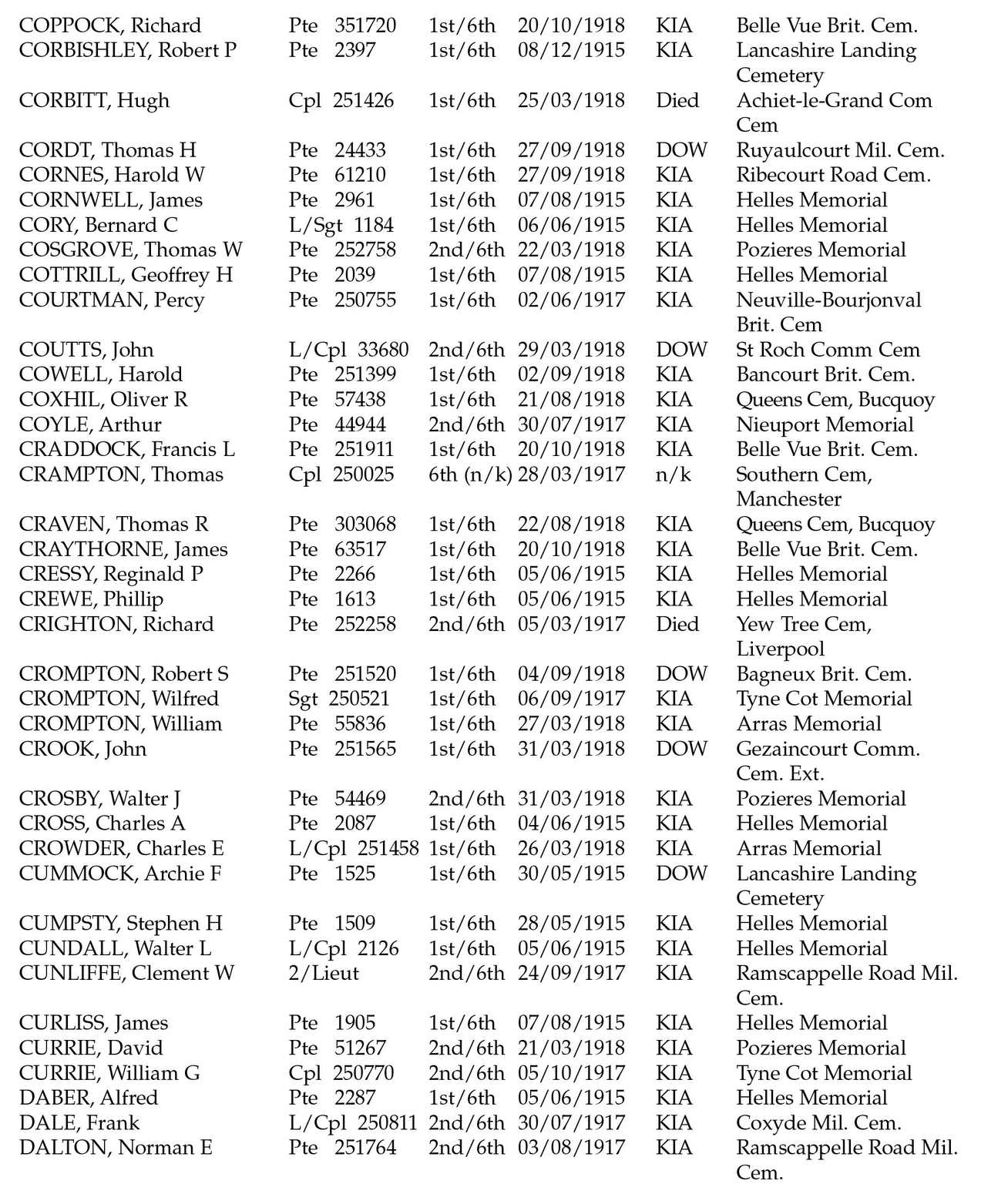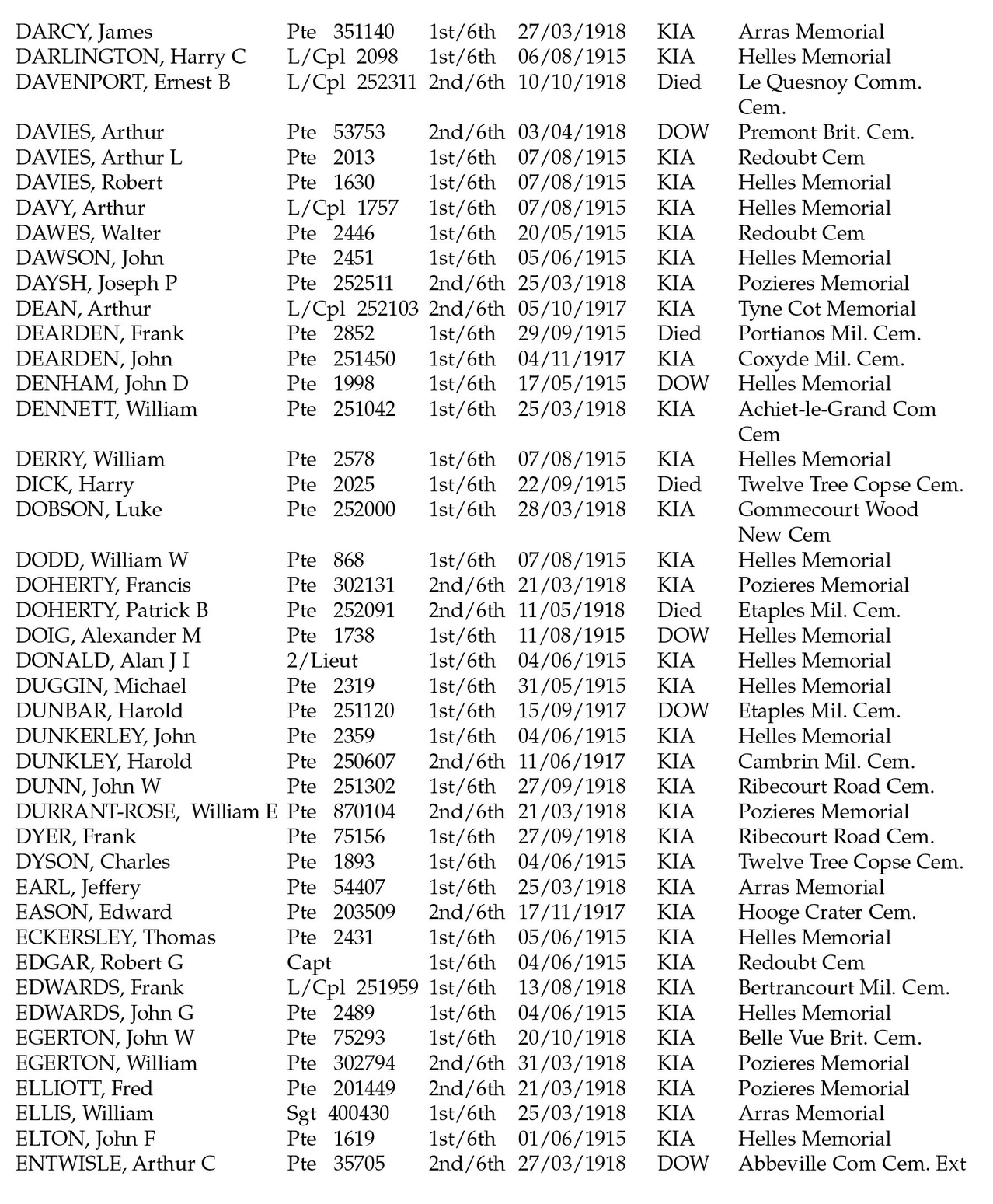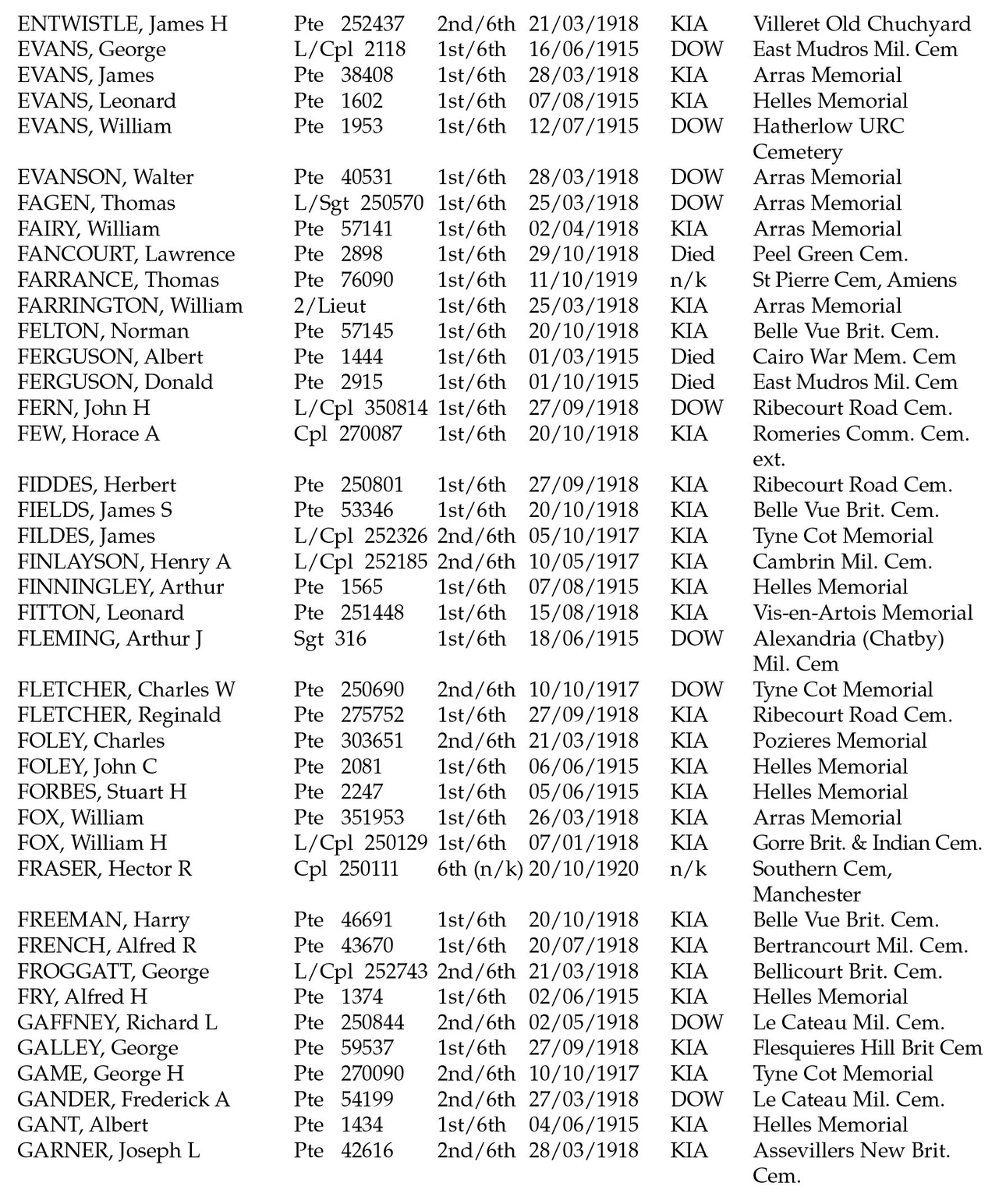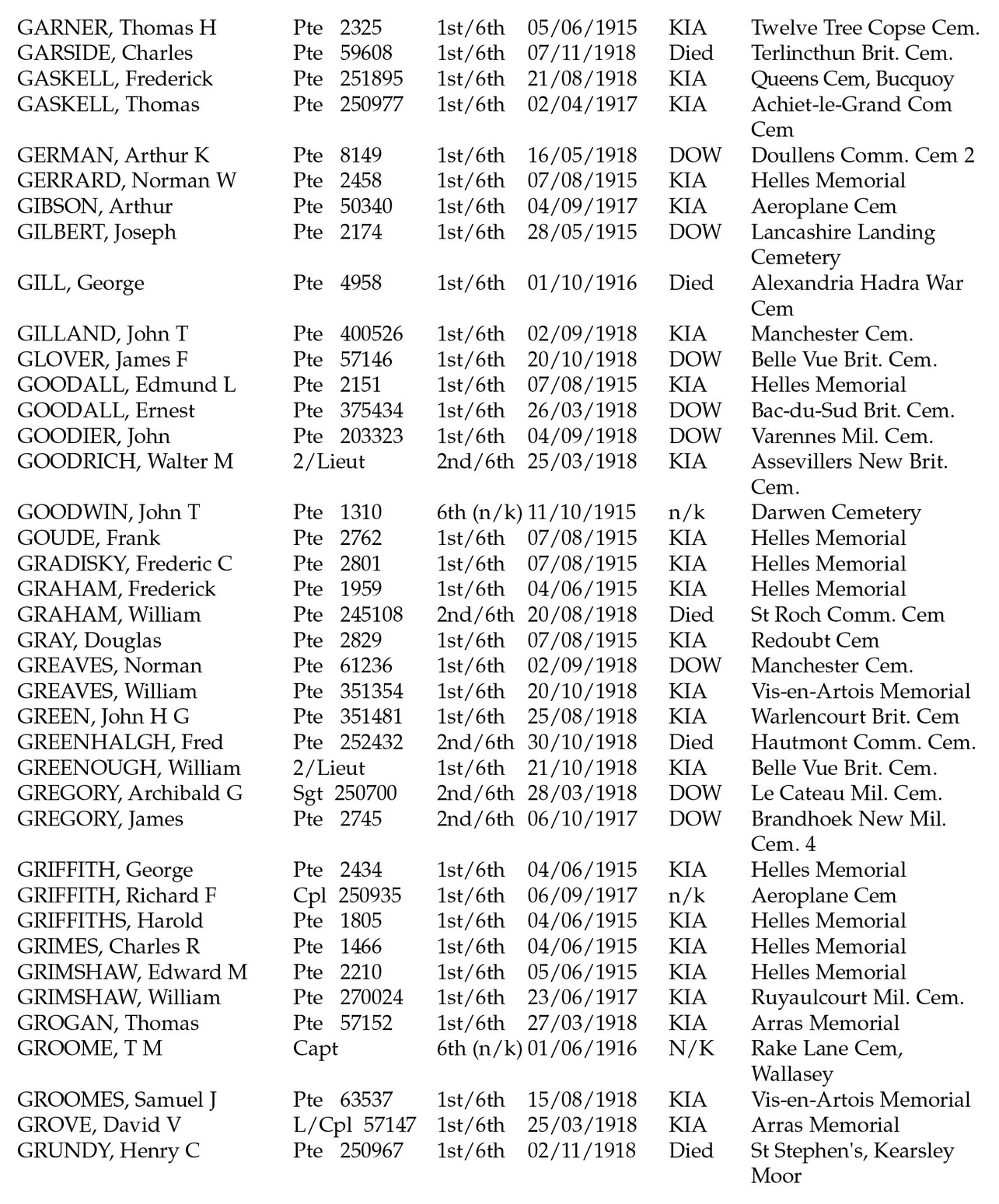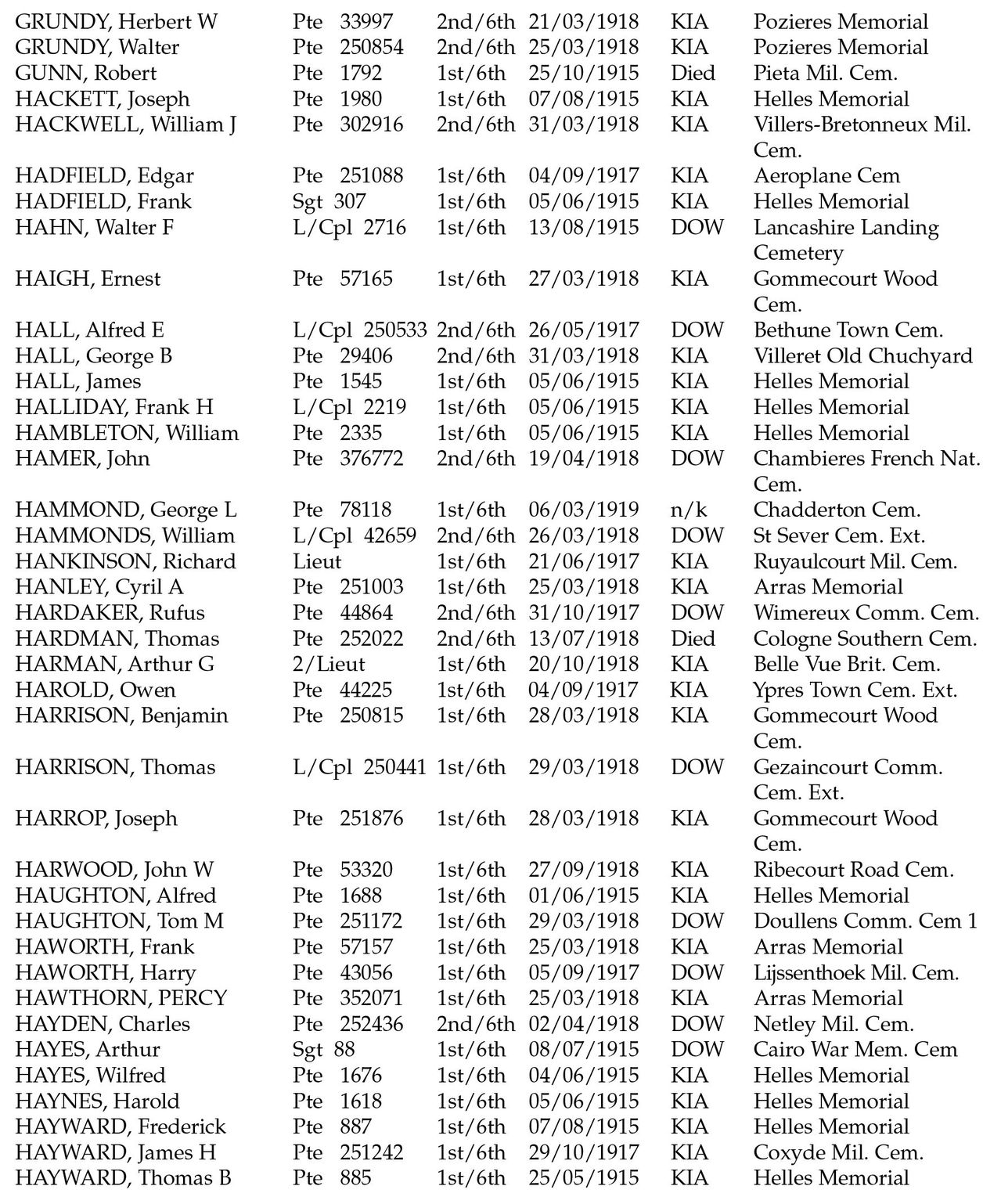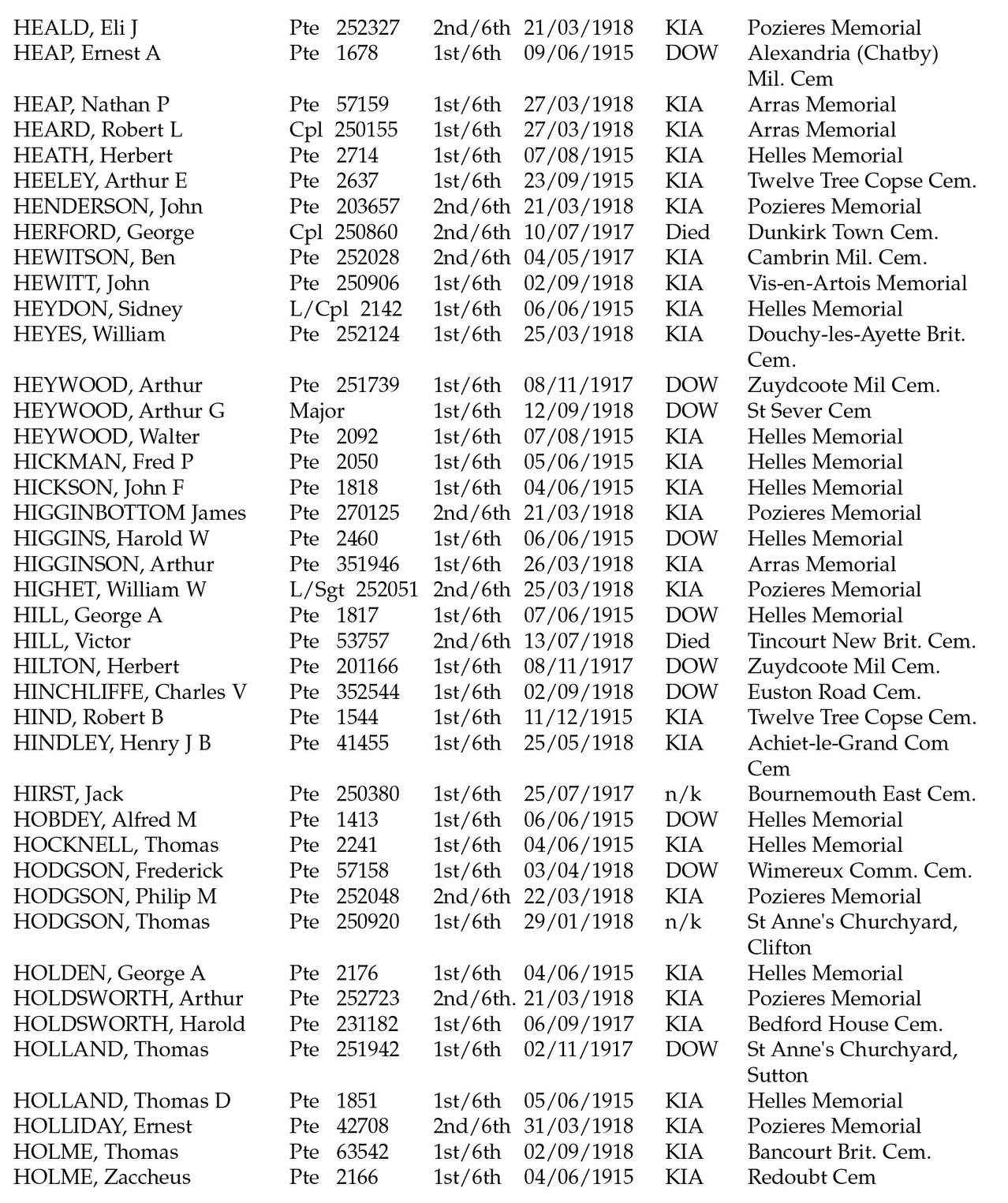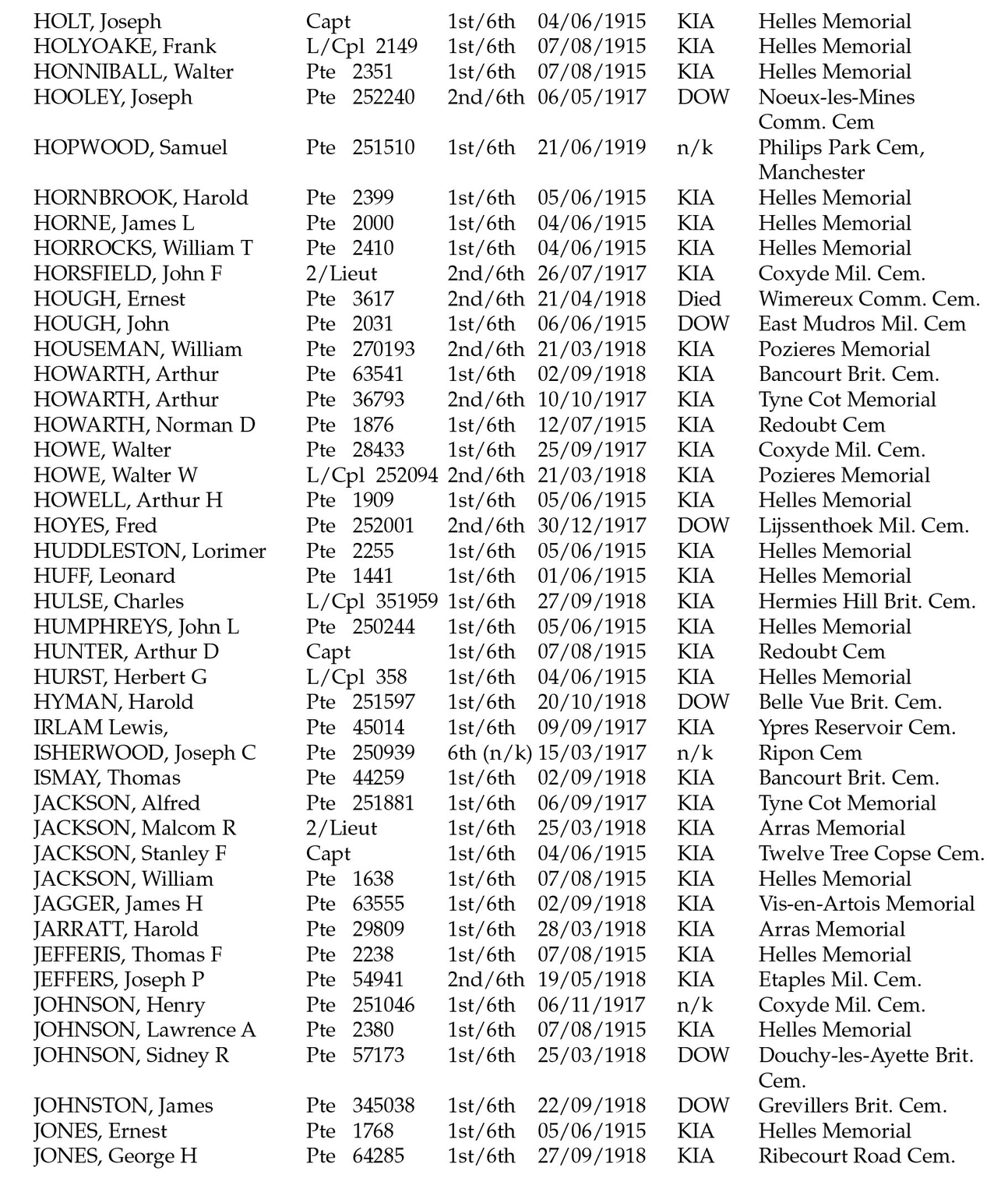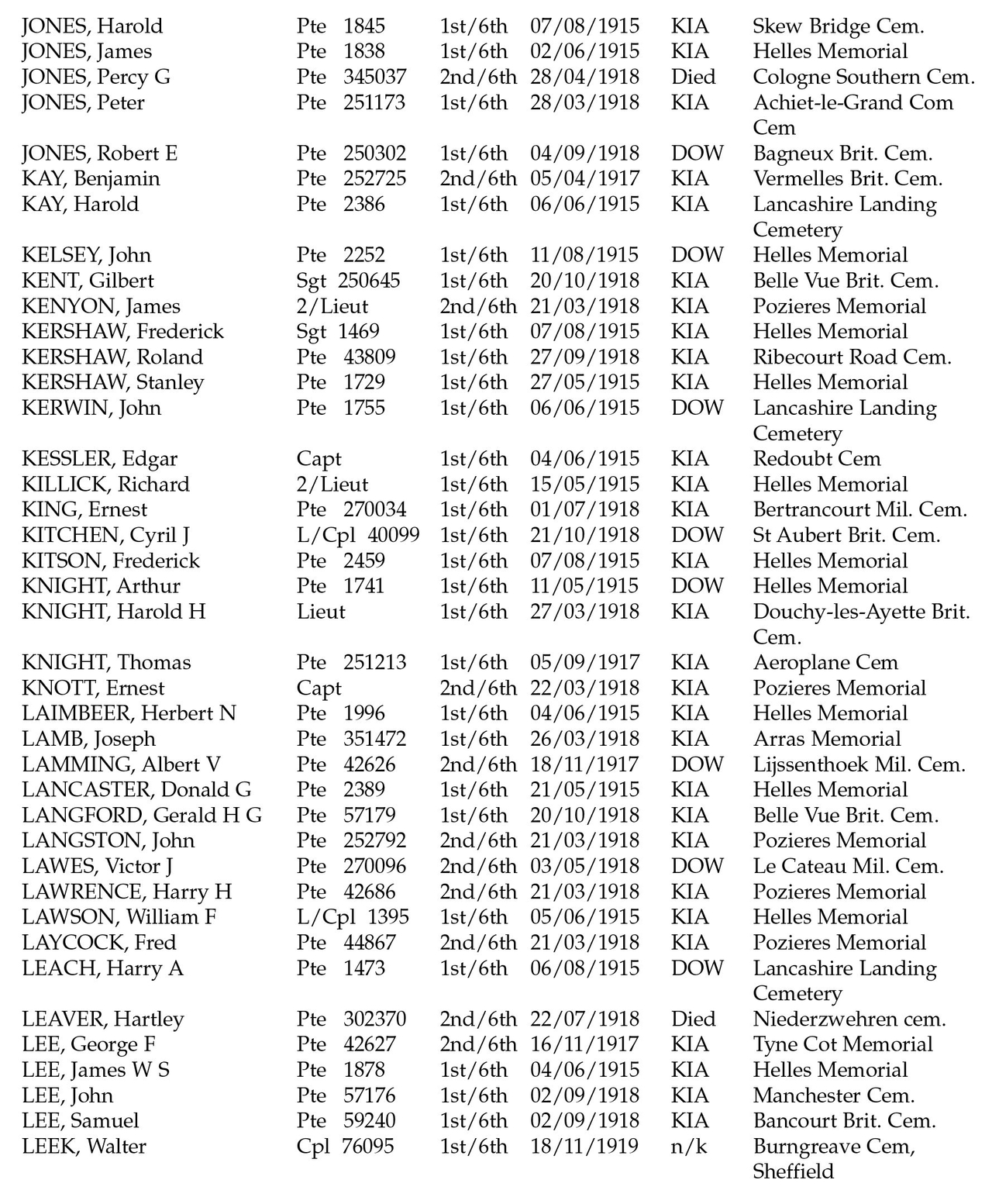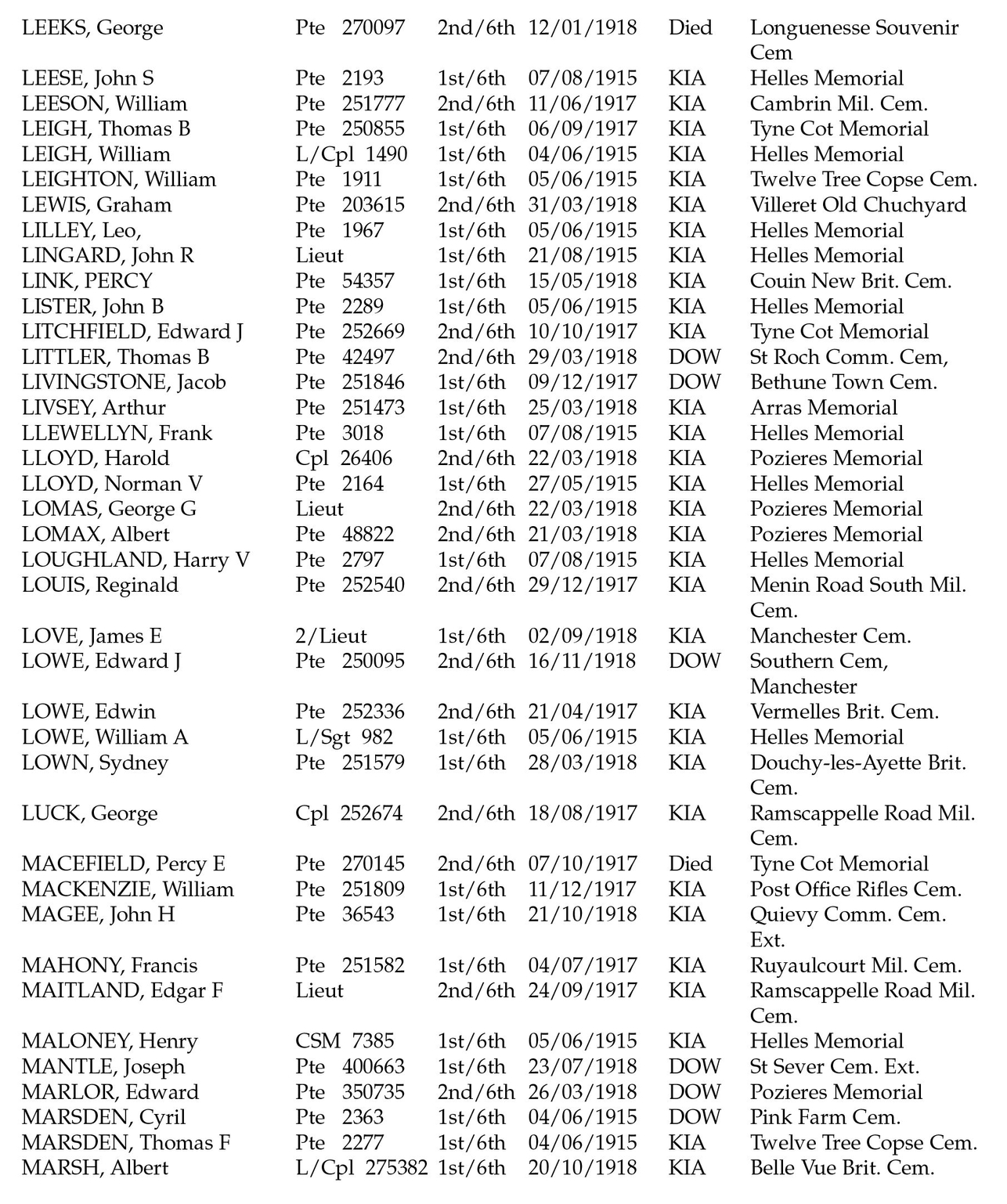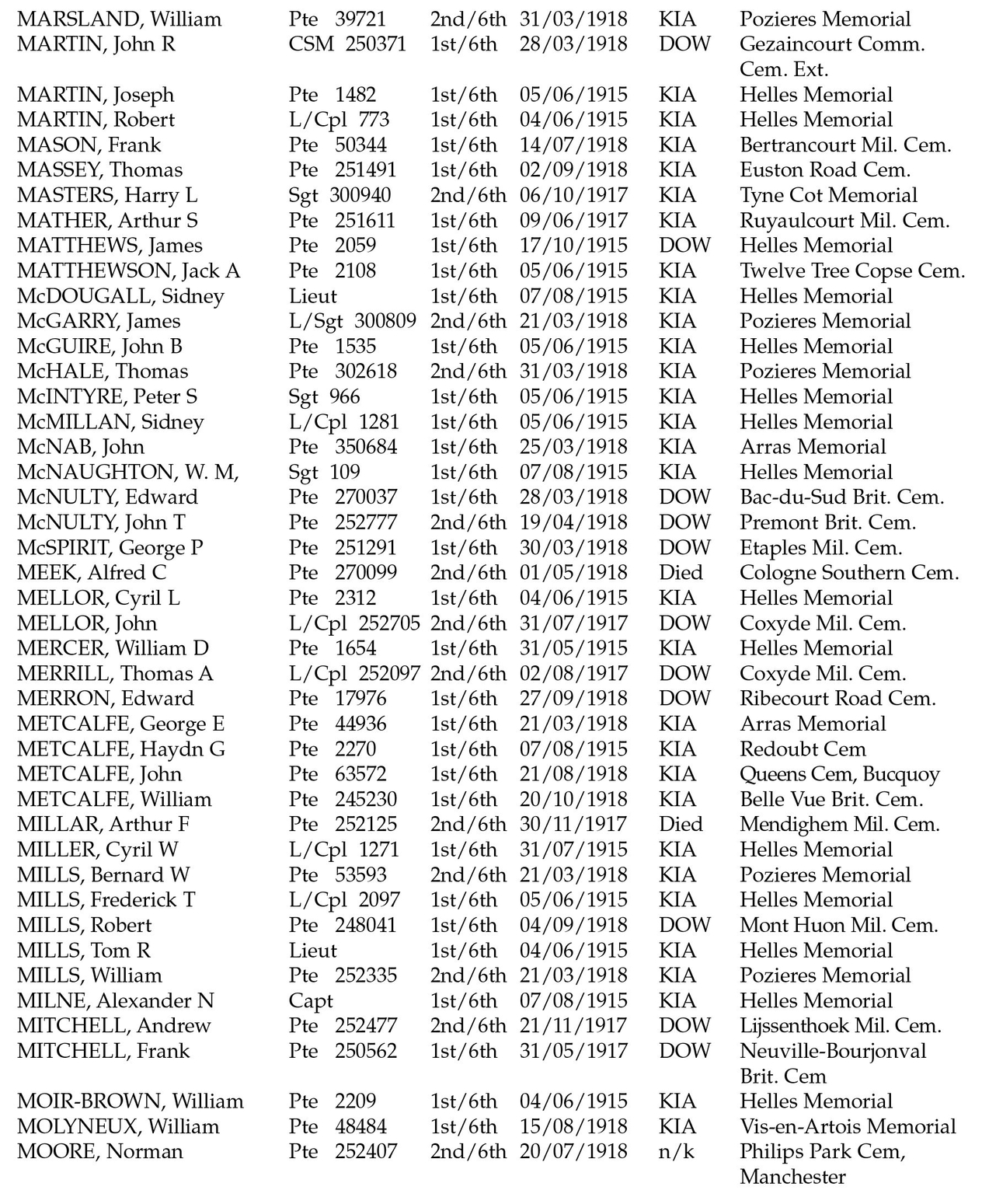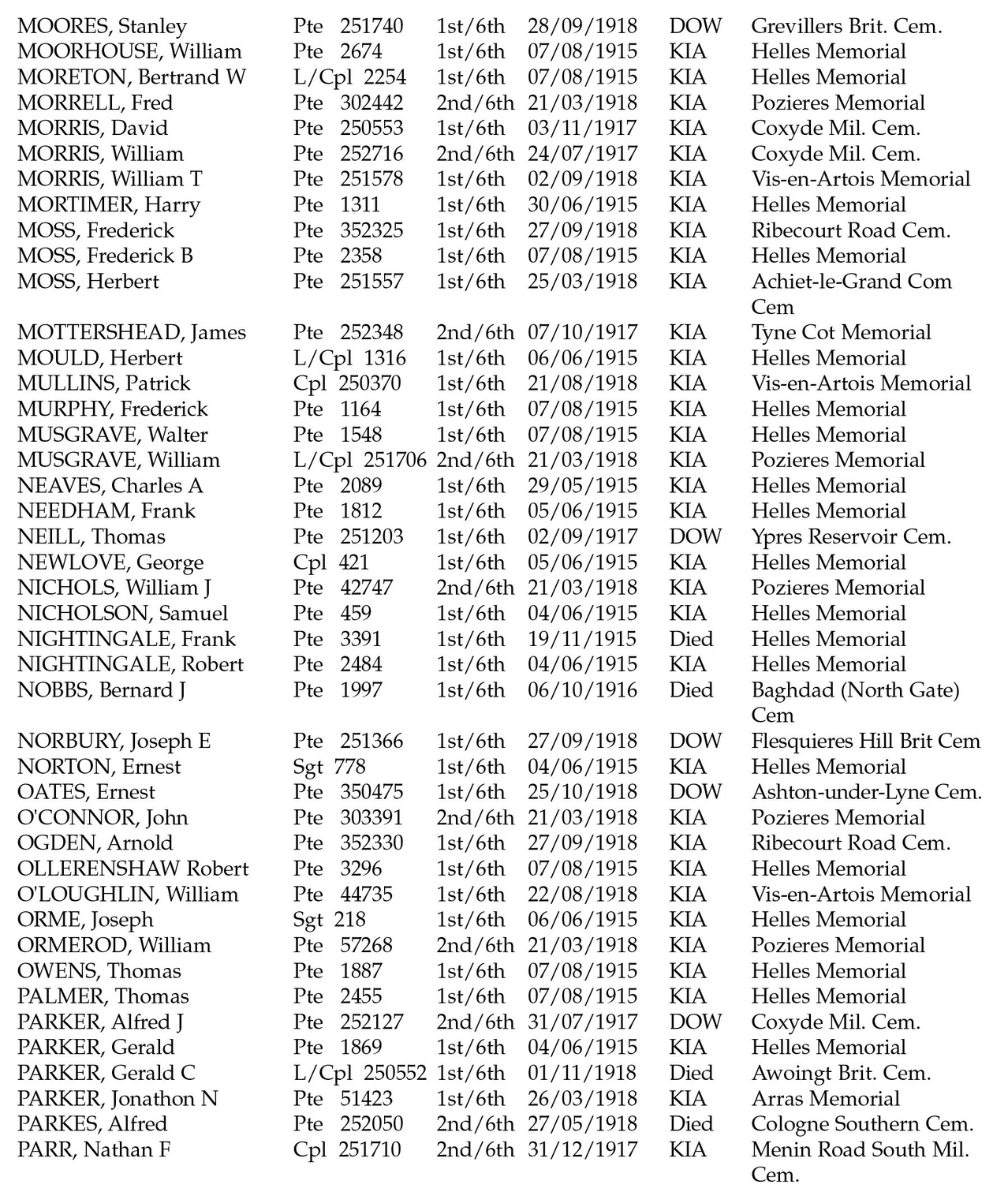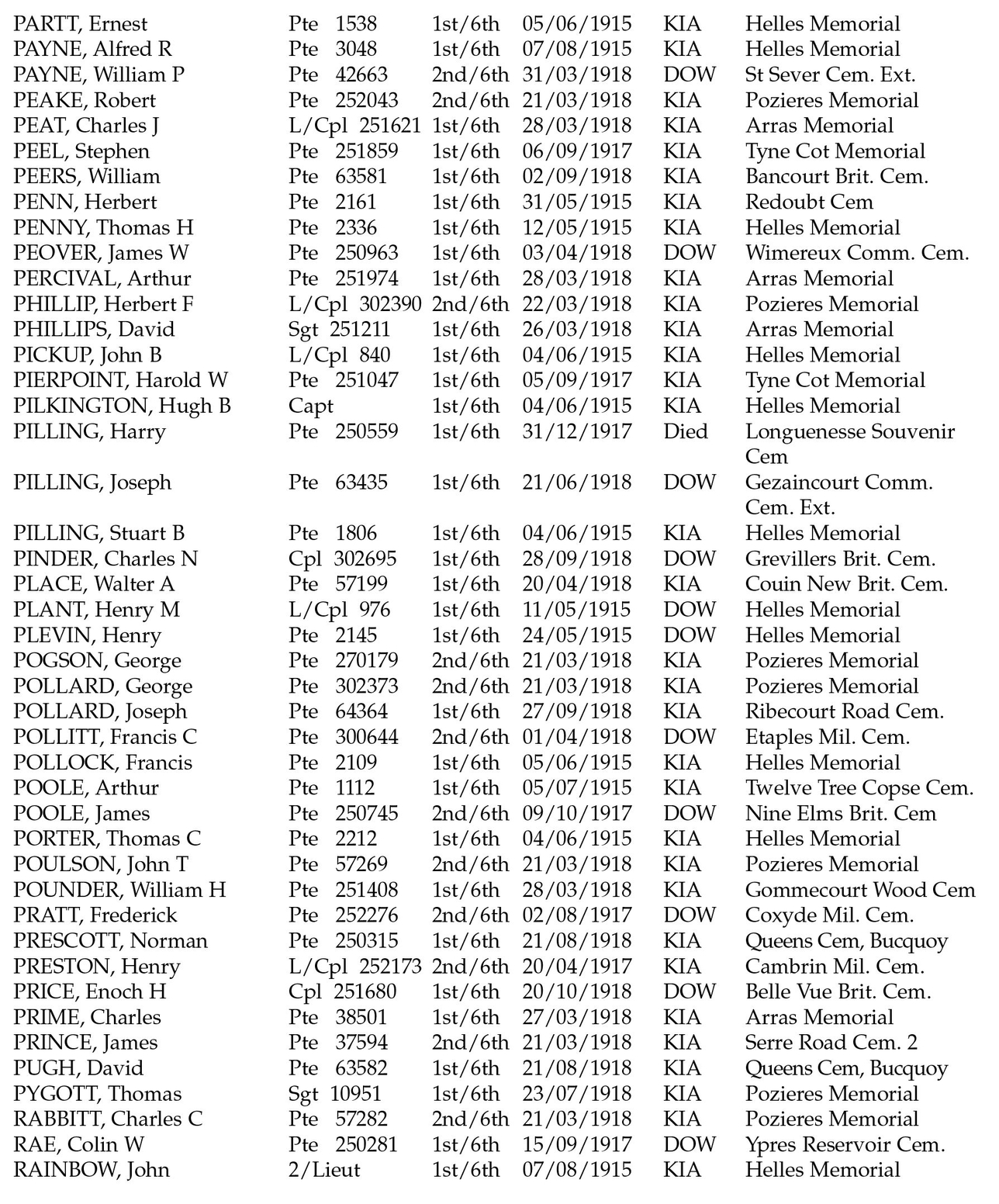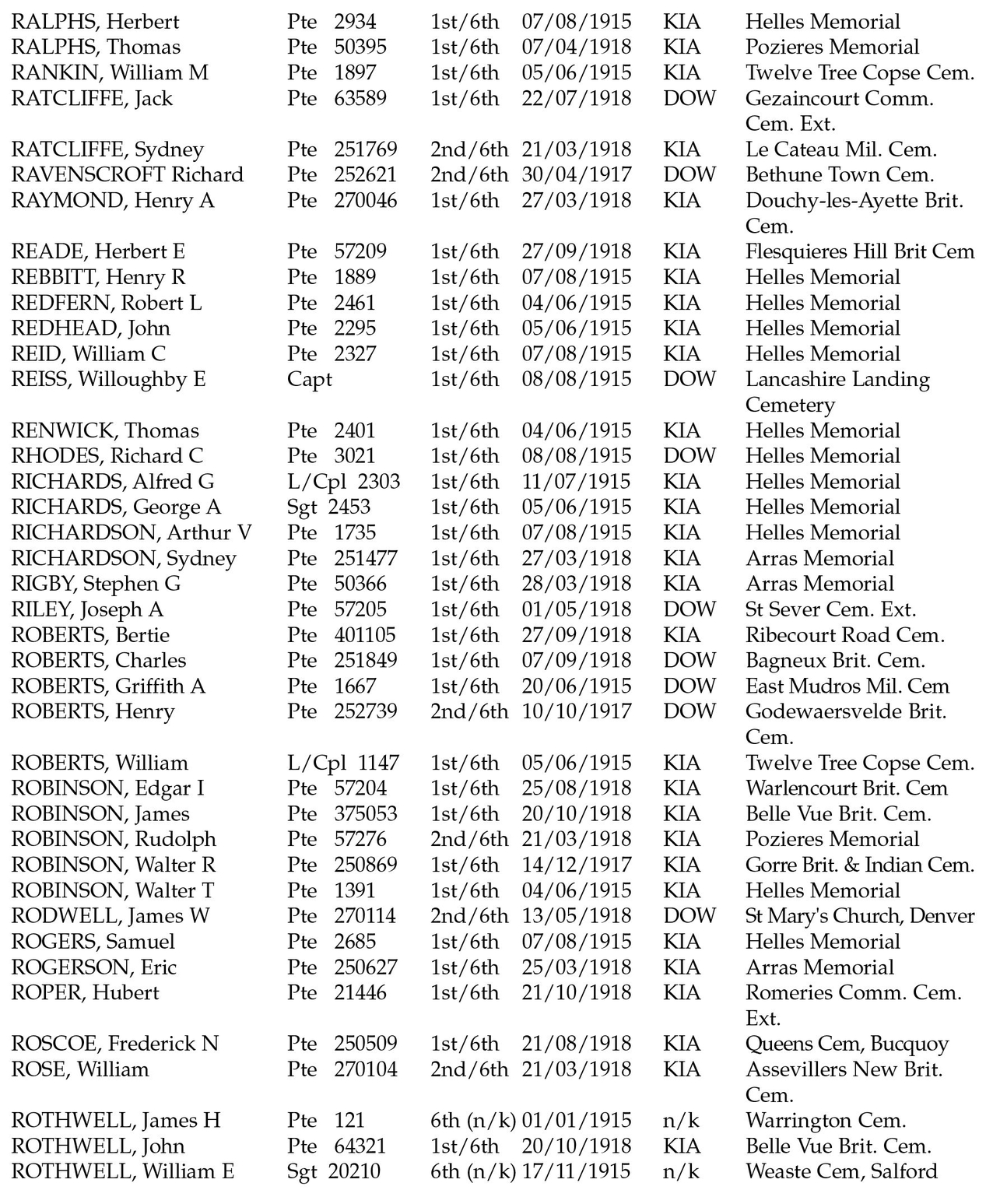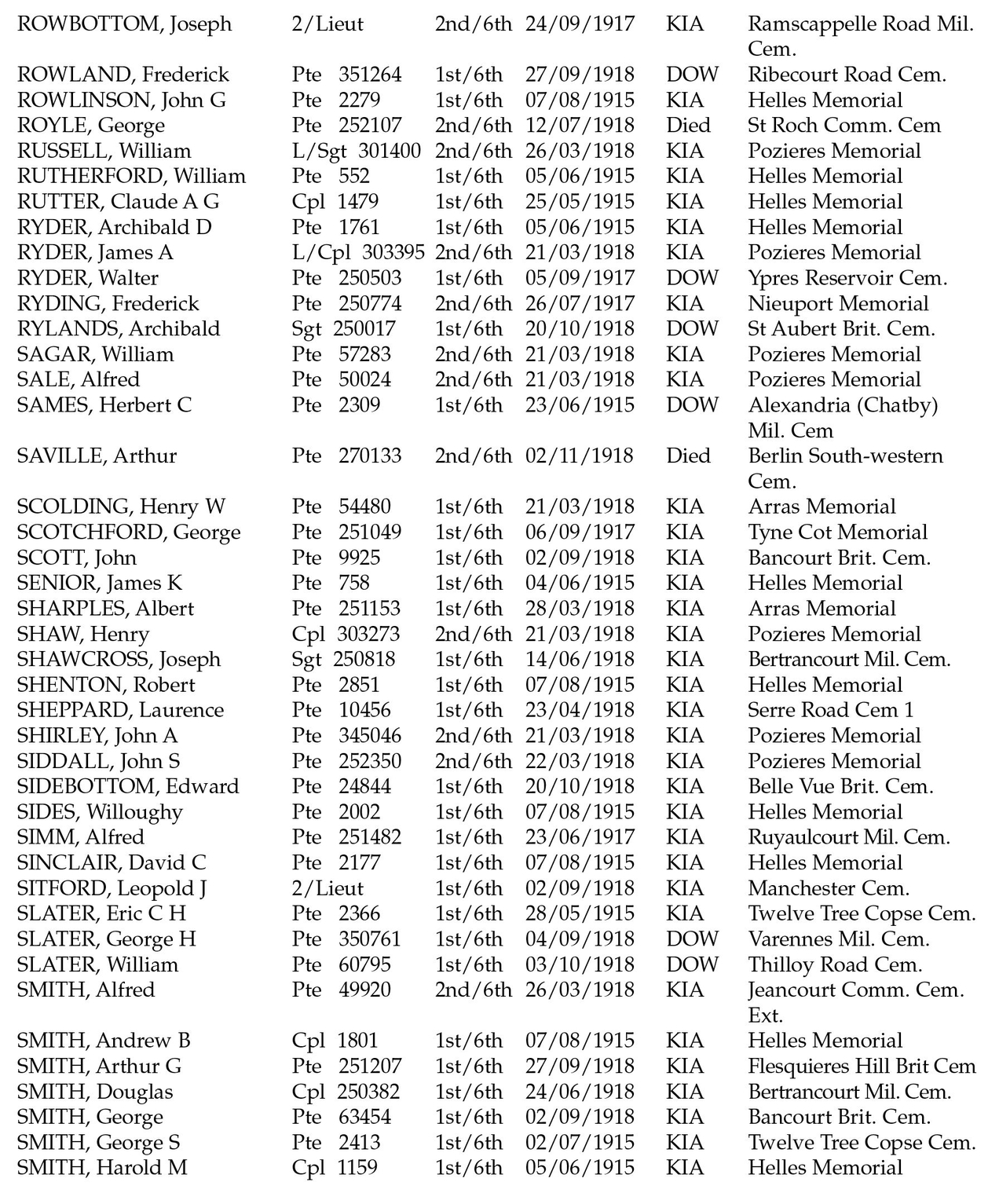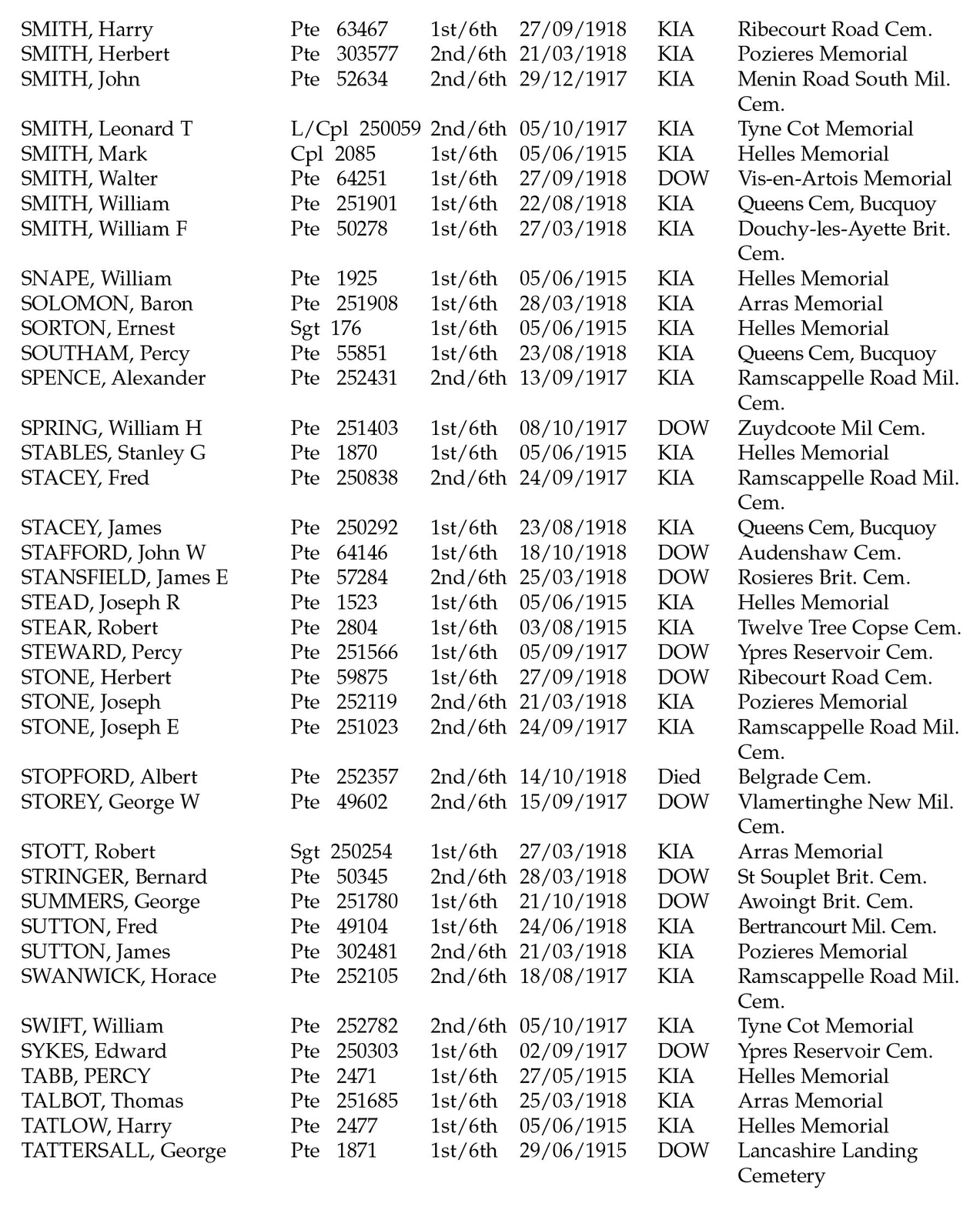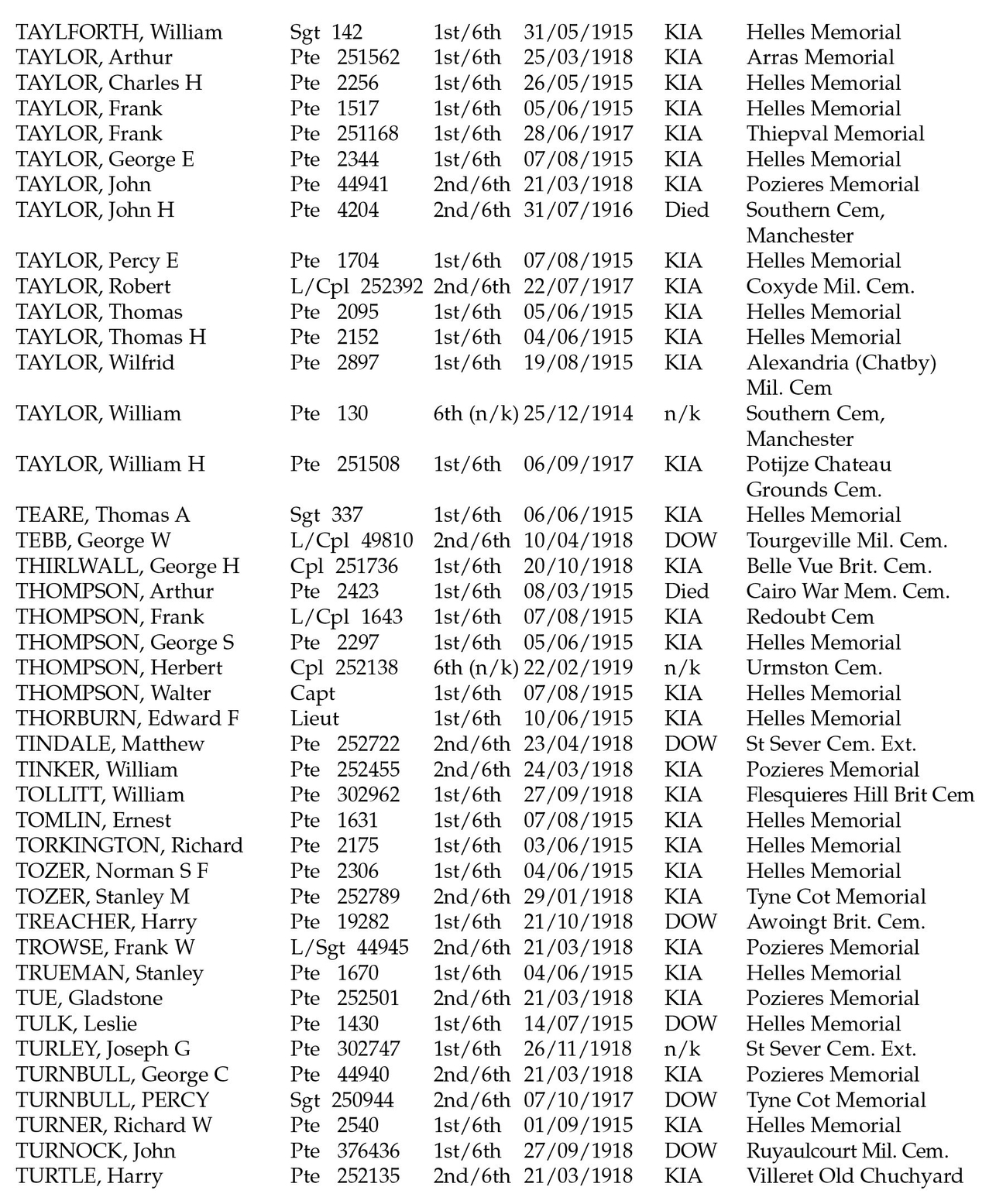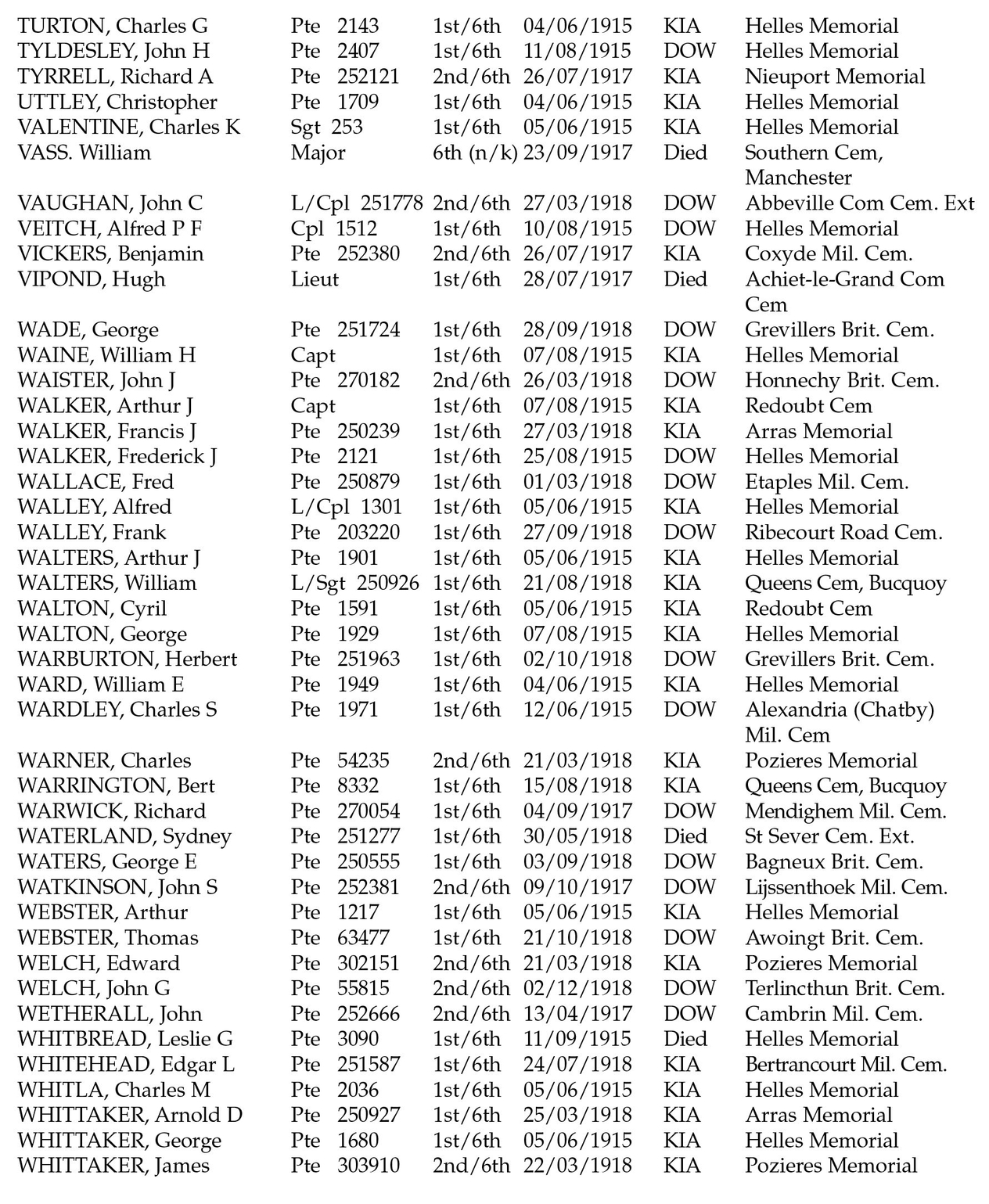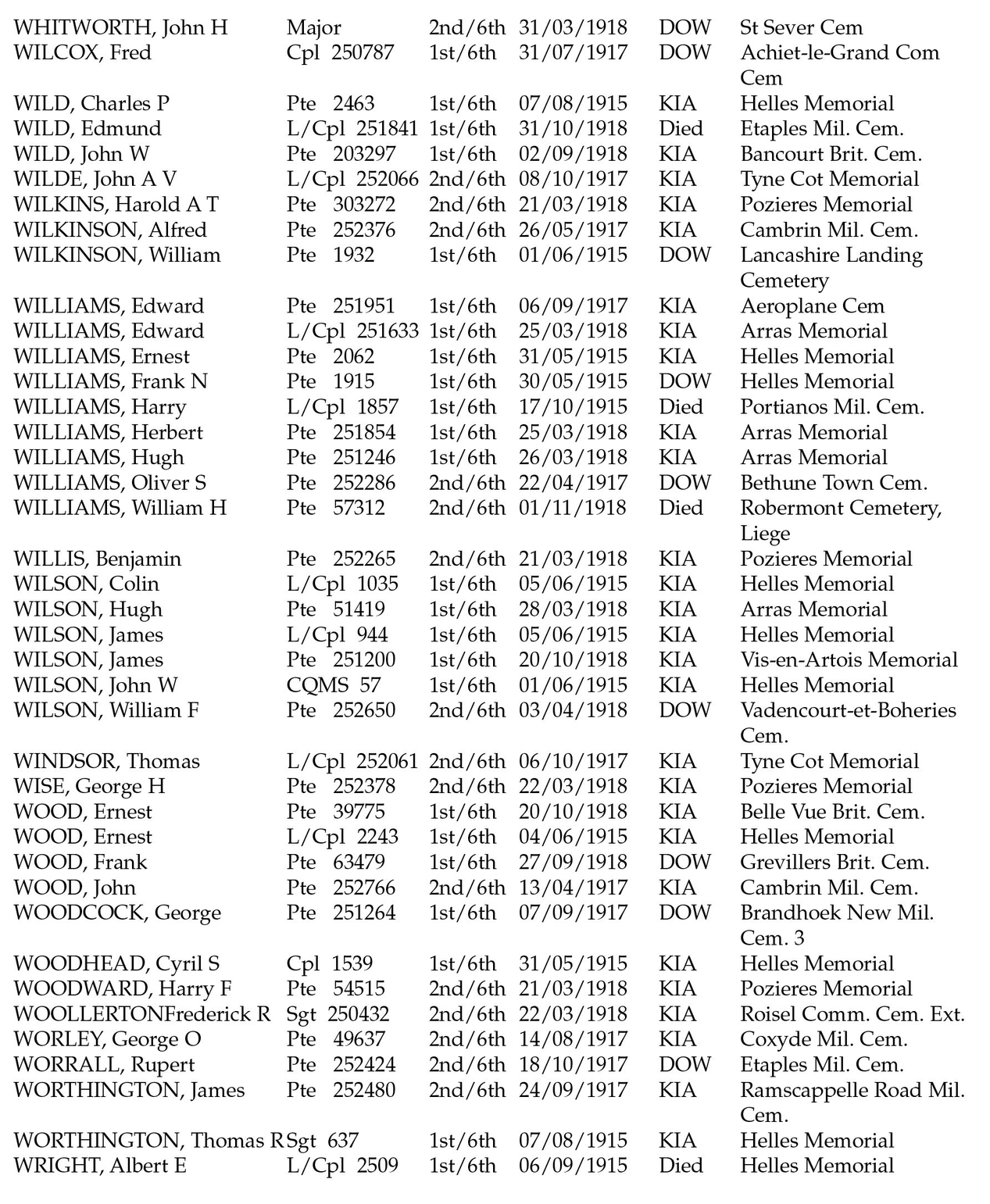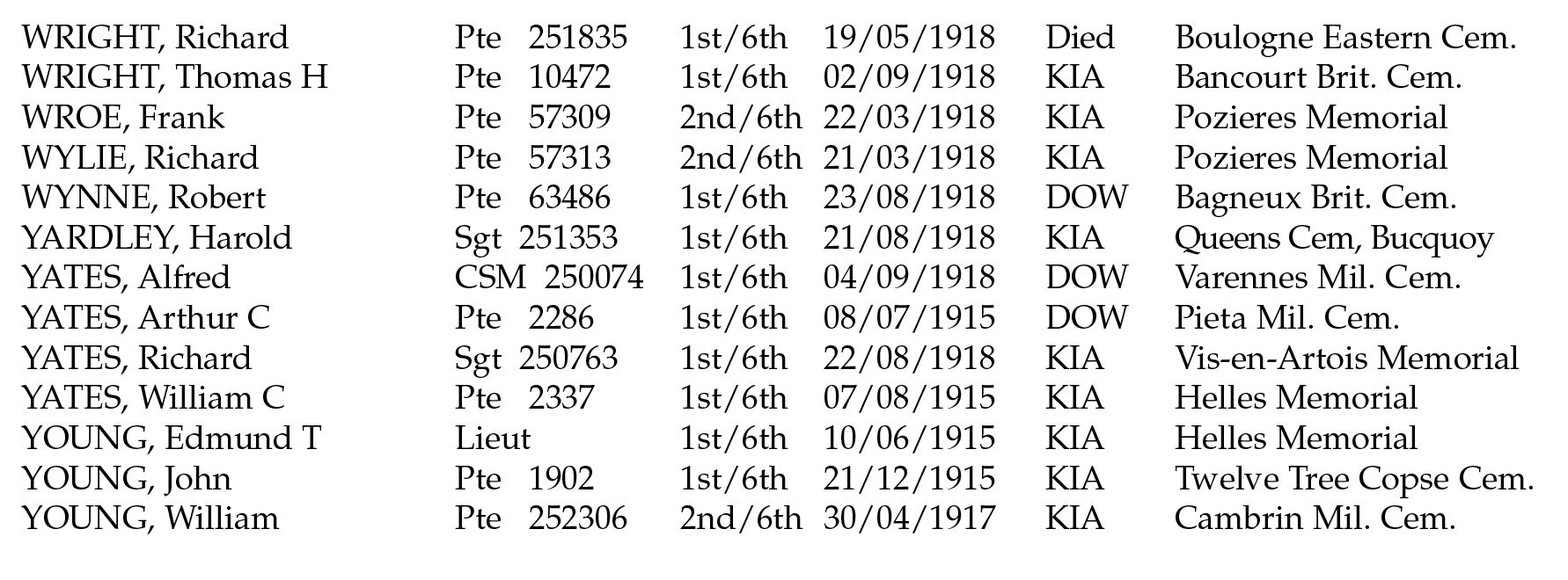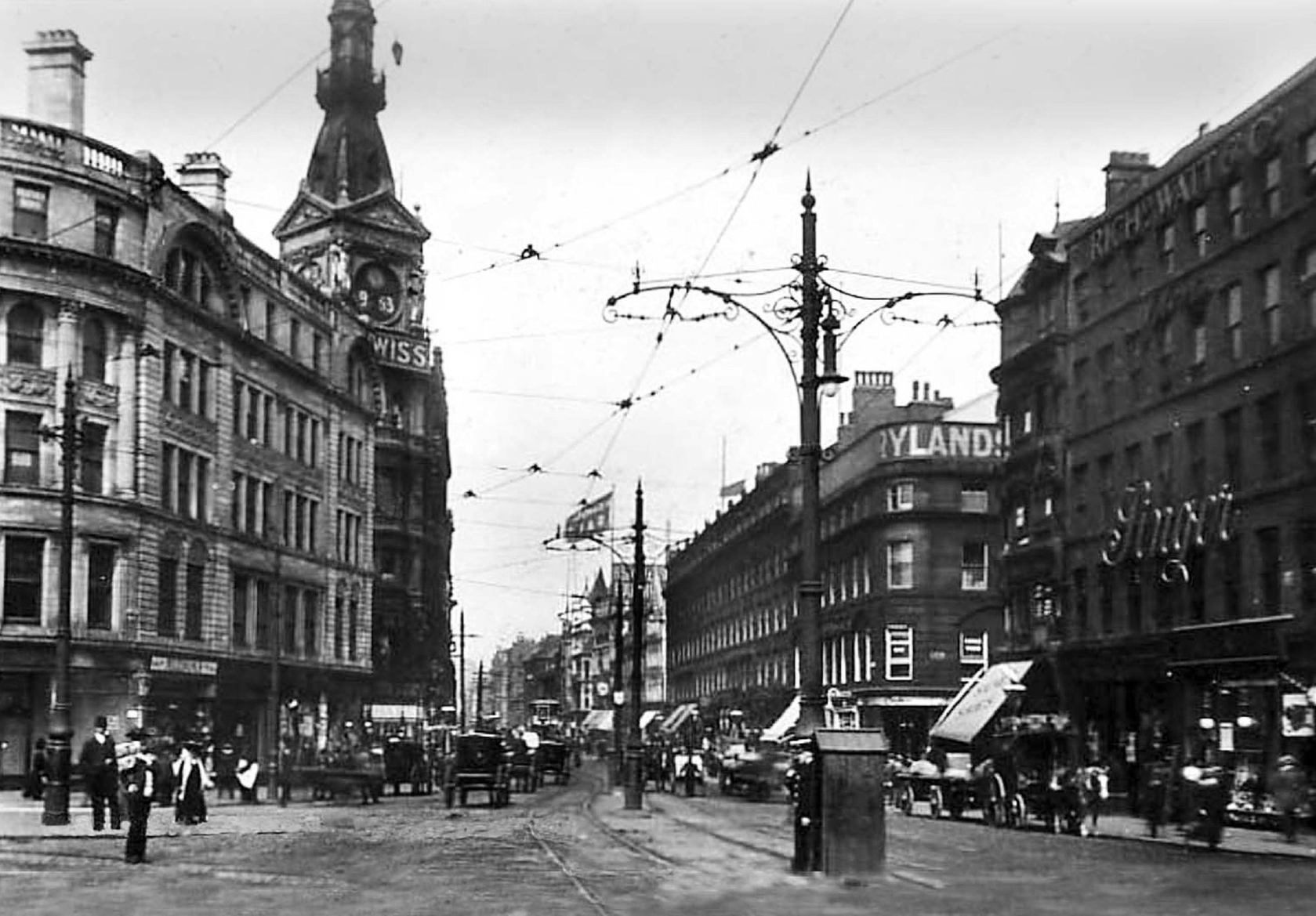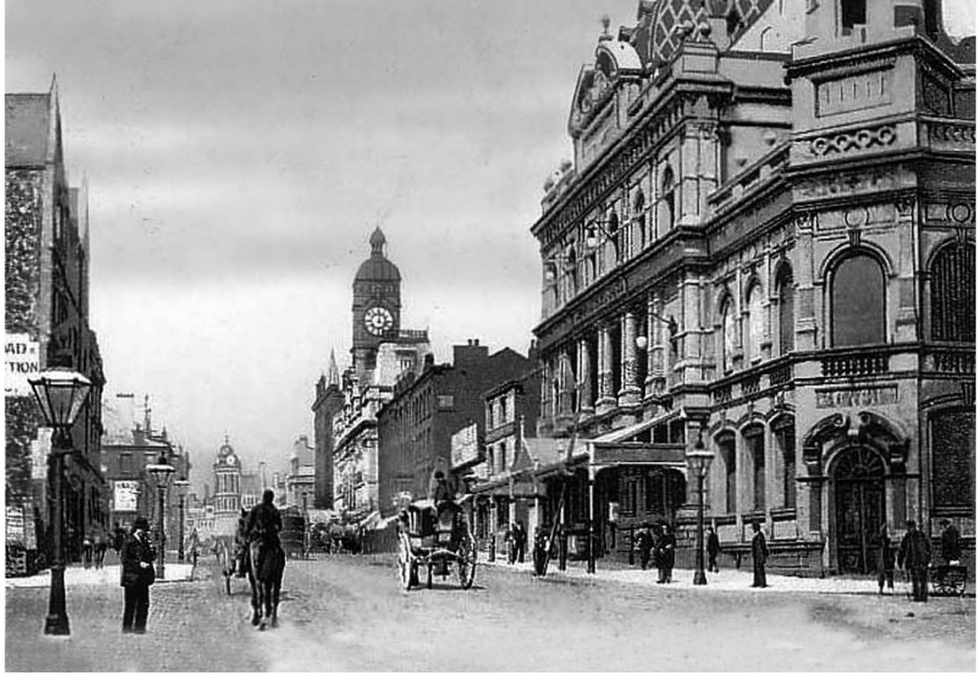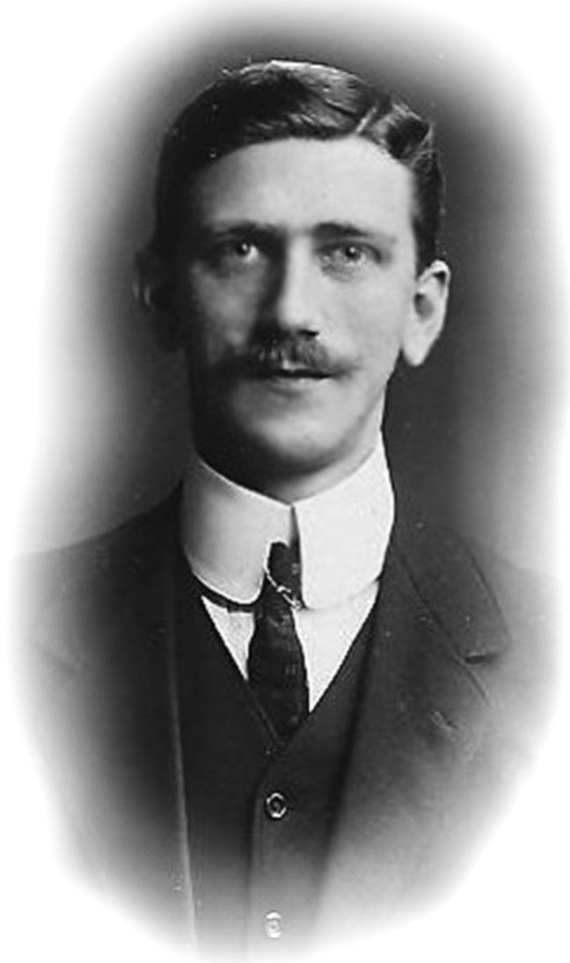John Harley - 6th Battalion. The Manchester Regiment in the Great War
Here you can read online John Harley - 6th Battalion. The Manchester Regiment in the Great War full text of the book (entire story) in english for free. Download pdf and epub, get meaning, cover and reviews about this ebook. year: 2013, publisher: Casemate Publishers and Book Distributors;Pen and Sword;Pen and Sword Military, genre: Non-fiction. Description of the work, (preface) as well as reviews are available. Best literature library LitArk.com created for fans of good reading and offers a wide selection of genres:
Romance novel
Science fiction
Adventure
Detective
Science
History
Home and family
Prose
Art
Politics
Computer
Non-fiction
Religion
Business
Children
Humor
Choose a favorite category and find really read worthwhile books. Enjoy immersion in the world of imagination, feel the emotions of the characters or learn something new for yourself, make an fascinating discovery.
- Book:6th Battalion. The Manchester Regiment in the Great War
- Author:
- Publisher:Casemate Publishers and Book Distributors;Pen and Sword;Pen and Sword Military
- Genre:
- Year:2013
- Rating:4 / 5
- Favourites:Add to favourites
- Your mark:
6th Battalion. The Manchester Regiment in the Great War: summary, description and annotation
We offer to read an annotation, description, summary or preface (depends on what the author of the book "6th Battalion. The Manchester Regiment in the Great War" wrote himself). If you haven't found the necessary information about the book — write in the comments, we will try to find it.
The 6th Battalion, The Manchester Regiment, was a prewar Territorial unit. Many of its members held white collar positions employed by the Citys legal, financial and stockbroking practices or worked for the major commercial organizations trading and manufacturing cotton goods. It went overseas in September 1914, taking with it many new recruits who would undertake their basic training whilst the Battalion formed part of the British garrison in Egypt.It saw action at Gallipoli from May 1915 until the evacuation at the end of the year and fascinating campaign is dealt with in considerable detail. The Battalion returned to Egypt until the spring of 1917 when it moved to France.The Manchesters saw regular action for most of 1918, coming under attack in the German offensive in March. Throughout the summer and autumn, the Battalion took part in the Advance to Victory and was still advancing when the Armistice was signed in November.The book also recounts the history of the second...
John Harley: author's other books
Who wrote 6th Battalion. The Manchester Regiment in the Great War? Find out the surname, the name of the author of the book and a list of all author's works by series.

